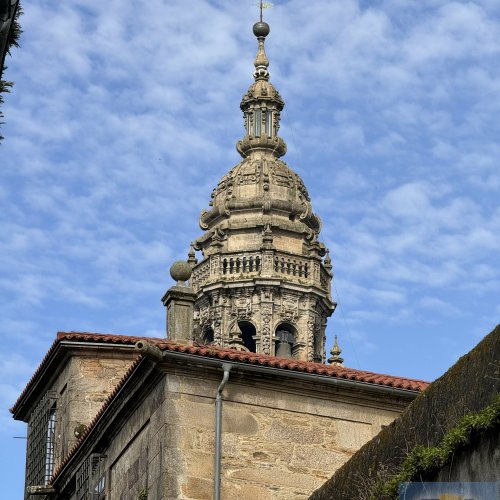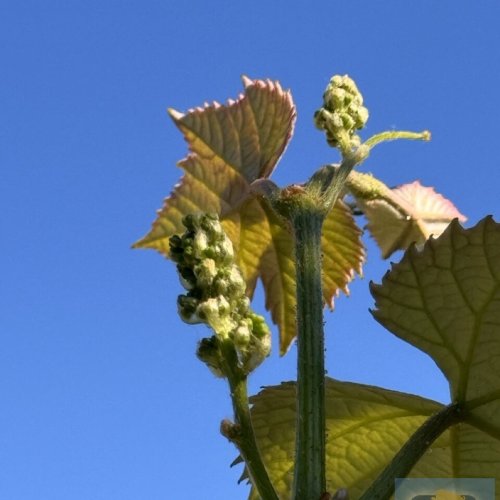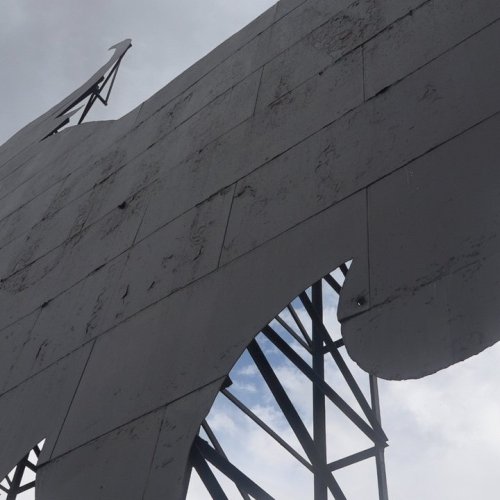sillydoll
Veteran Member
- Time of past OR future Camino
- 2002 CF: 2004 from Paris: 2006 VF: 2007 CF: 2009 Aragones, Ingles, Finisterre: 2011 X 2 on CF: 2013 'Caracoles': 2014 CF and Ingles 'Caracoles":2015 Logrono-Burgos (Hospitalero San Anton): 2016 La Douay to Aosta/San Gimignano to Rome:
If you suffer from respiratory disorders, it might be worth wearing a mask and taking other precautions when traveling in the far northern countries.
My sister, who suffers from COPD (Chronic Obstructive Pulmonary Disorder - emphysema and bronchitis) and I, are reconsidering our trip to Russia in 2 months time.
Even though the U.K. Health Protection Agency (HPA) has advised Brits not to worry about the affects of ash, saying in a statement that the cloud from the recent eruption isn't a significant health risk to the public because it's "trapped" in the atmosphere at a high altitude, a recent WHO report warns that volcanic ash is potentially dangerous for people with respiratory disorders.
My sister, who suffers from COPD (Chronic Obstructive Pulmonary Disorder - emphysema and bronchitis) and I, are reconsidering our trip to Russia in 2 months time.
Even though the U.K. Health Protection Agency (HPA) has advised Brits not to worry about the affects of ash, saying in a statement that the cloud from the recent eruption isn't a significant health risk to the public because it's "trapped" in the atmosphere at a high altitude, a recent WHO report warns that volcanic ash is potentially dangerous for people with respiratory disorders.
Code:
The World Health Organisation is warning that ash which has already reached the ground is potentially dangerous and if inhaled could cause respiratory problems. A spokesman said the exact health risks from this ash cloud are not yet known. Patients with chronic bronchitis, emphysema, and asthma should take special precaution to avoid exposure to ash particles and be aware that the use of any respirator other than single-use (disposable) respirator may cause additional cardio-pulmonary stress.
Acute respiratory symptoms commonly reported by people during and after ash falls (Blong, 1984, p. 83-91):
People with pre-existing chest complaints have developed severe bronchitic symptoms which lasted some days beyond exposure to ash (for example, hacking cough, production of sputum, wheezing, or shortness of breath) as well as airway irritation of people with asthma or bronchitis; common complaints of people with asthma include shortness of breath, wheezing, and coughing
breathing becomes uncomfortable.
Volcanic ash may contain varying proportions of free crystalline silica (silicon dioxide, SiO2) in the form of quartz, cristobalite, or tridymite minerals. Exposure to respirable particles of free crystalline silica can lead to silicosis, a disease resulting in scarring of the lungs and impairment of their function.







